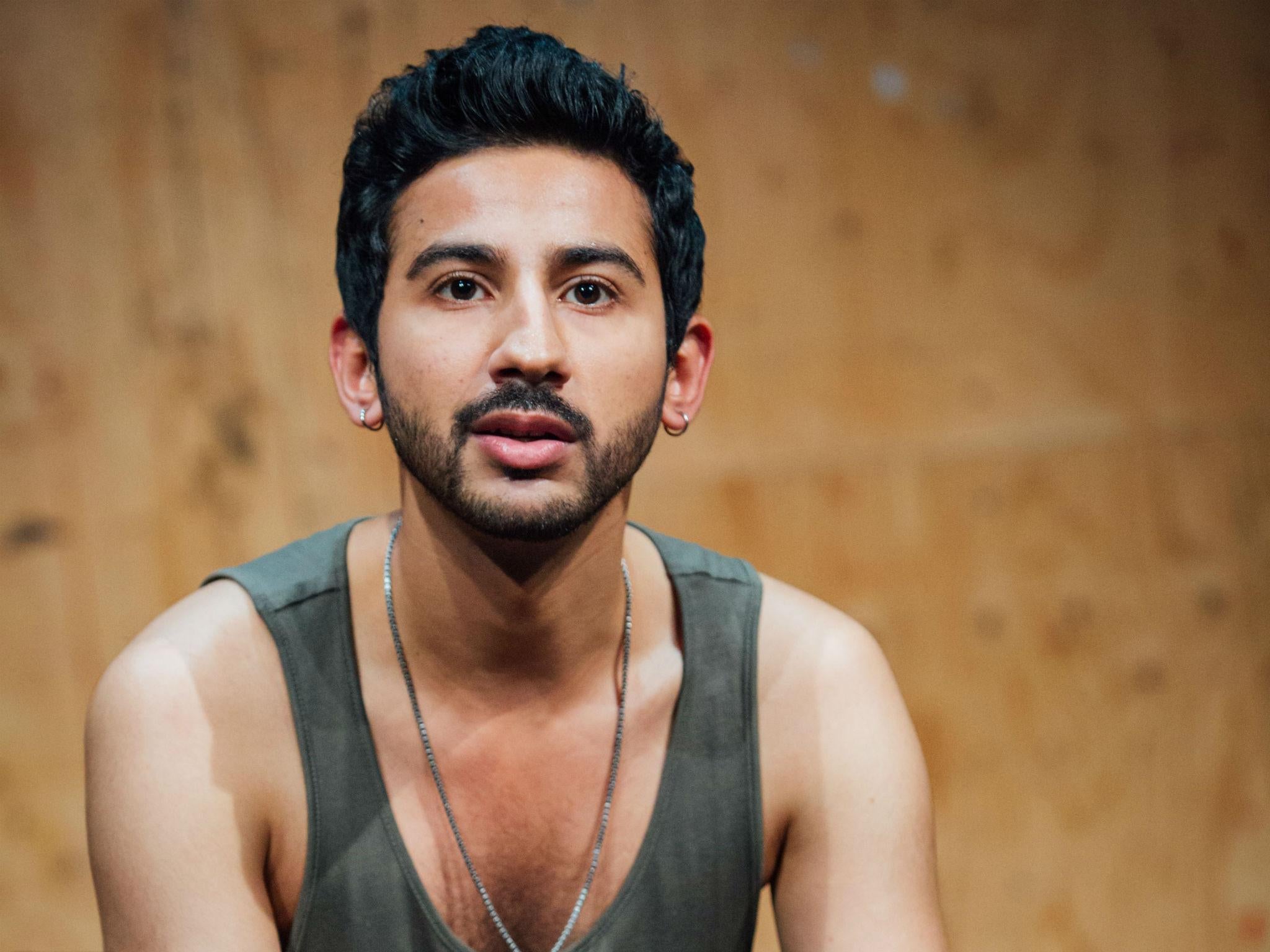Now We Are Here, Young Vic, theatre review: 'Well worth catching'
The Young Vic is welcoming visits by foreign companies and engaging with local communities and young people. Its latest show, Now We Are Here, has been created by refugee writers in workshops with Deanna Rodger, Imogen Brodie and Ian Rickson

Your support helps us to tell the story
From reproductive rights to climate change to Big Tech, The Independent is on the ground when the story is developing. Whether it's investigating the financials of Elon Musk's pro-Trump PAC or producing our latest documentary, 'The A Word', which shines a light on the American women fighting for reproductive rights, we know how important it is to parse out the facts from the messaging.
At such a critical moment in US history, we need reporters on the ground. Your donation allows us to keep sending journalists to speak to both sides of the story.
The Independent is trusted by Americans across the entire political spectrum. And unlike many other quality news outlets, we choose not to lock Americans out of our reporting and analysis with paywalls. We believe quality journalism should be available to everyone, paid for by those who can afford it.
Your support makes all the difference.How many theatres could claim that “our doors are open to the world” without sounding vainglorious or deluded? But in the case of the Young Vic, there is real substance to the assertion. The venue proves this not just in its celebrated international co-productions but in its hospitality to visits by foreign companies and by the depth of its engagement with local communities and young people.
A few weeks ago, the theatre joined forces with Developing Artists and Refuge Productions to bring across Queens of Syria, an exceptionally moving piece in which a group of real-life Syrian refugees (none of them actors) brought Euripides' tragedy The Trojan Women up-to-date with their own unforgettable personal testimonies of exile and loss.
The piece was a salutary rebuke to those who have become numbed to the migration crisis or who categorise asylum-seekers as some faceless, threatening mass. Individual narratives are again powerfully emphasised in Now We Are Here which has been created by refugee writers in workshops with Deanna Rodger, Imogen Brodie and Ian Rickson. The latter directs the sensitive, compelling production which strips away everything but the bare minimum needed for these voices to be heard.
In the first half we listen to the overlapping verbatim testimony of Desmond Jolly, Mir Ahmed and Michael Mugishangyezi (beautifully played by Gary Beadle, Manish Gandhi and Jonathan Livingstone). Two have fled the homophobic abuse in their native countries of Jamaica and Pakistan (such as incarceration in a mental asylum for refusing to get married), while the third has been in prison in East Africa because of “political and tribal tensions”. The second half consists of Tamara McFarlane's lyrical monologue (superbly performed by Golda Rosheuvel) that looks back at her 15-year-old self in Jamaica and recounts how religious intolerance and fear blighted her blossoming sexual love for a fellow schoolgirl.
What do you reply when someone asks you “How was your day?” when you've had to kill the hours before the hostel reopens without any semblance of a routine or even enough for a bus fare in your pocket? It's a question that stumps Michael, who has no ID card either, and he vividly communicates the unending sense of futility of “people who are at the sea level of their own hopes. You mourn your own life”. But the testimonies are flecked with humour too – stories about escapades back home, say, such as the one that left young Mir and his friend with20 floors of uninterrupted secret kissing-time in a yo-yoing lift.
Tamara witnesses the horrific murder of a 14-year-old gay youth by a bigoted mob. In her fear that she will bring a similar retribution down on her loved ones, she makes protective moves that have a piercingly sad outcome. It's as if the stench of burning tyre enters your own nostrils as you listen to Rosheuevel's extraordinarily immediate account of the boy's fate. The frankness with which all the participants have shared their stories is a tribute both to their courage and to the atmosphere of trust that must have been created in the workshops. All the performances of Now We Are Here are being given for free (donations welcome to three charities working with refugees that have been chosen by the collaborators). Well worth catching.
To 30 July; 20 7922 2922
Join our commenting forum
Join thought-provoking conversations, follow other Independent readers and see their replies
Comments